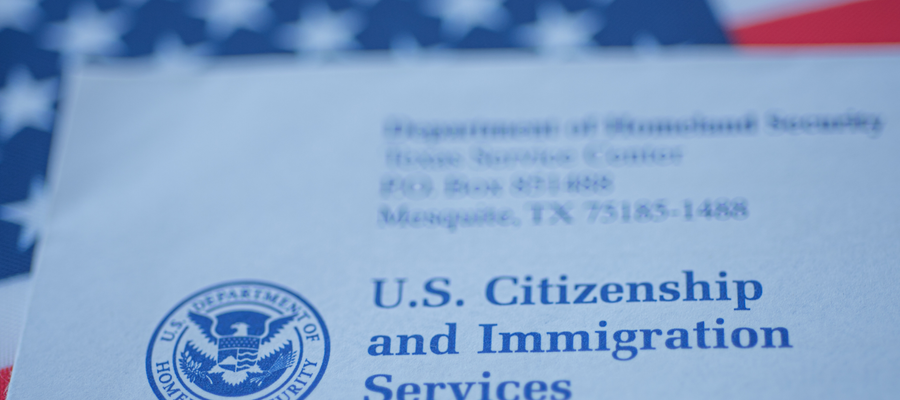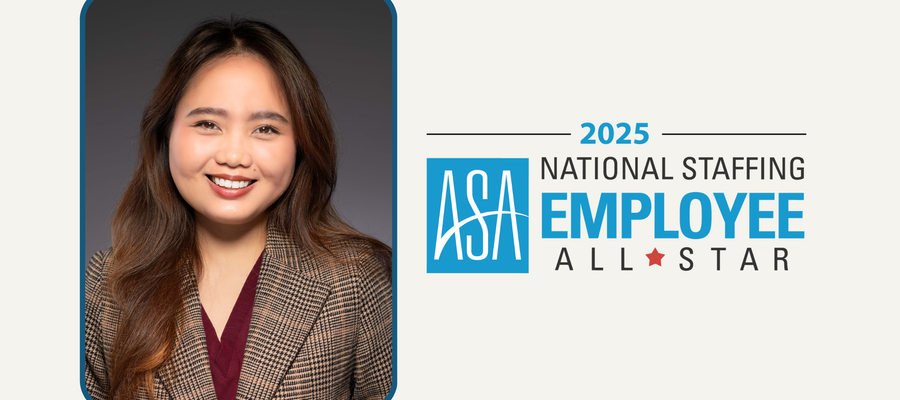Understanding U.S. Immigration and Retrogression
By Conexus MedStaff - Posted Jun 7, 2023

The EB-3 visa is a popular option for international healthcare professionals who wish to work in the United States. However, the U.S. immigration system is complex, and there are often delays and backlogs that can make the process frustrating. In this blog post, we’ll explain what retrogression is, how it affects EB-3 visas, and why international healthcare professionals should continue to apply.
What is Retrogression?
Retrogression is a term used to describe the situation where the demand for a particular visa category exceeds the supply. In other words, there are more people applying for a visa than there are visas available. This can happen for a variety of reasons, such as changes in immigration policy, economic conditions, labor demand or political instability in other countries.
When retrogression occurs, the U.S. government must limit the number of visas issued in a particular category. This can result in long wait times for applicants who are already in the queue, and it can also mean that new applicants will have to wait longer to receive their visas.
The United States Congress sets limits on the number of immigrant visas that can be issued each year. The Department of State publishes the monthly Visa Bulletin which lists the cut-off dates that govern visa availability.
How Does Retrogression Affect EB-3 Visas?
The EB-3 visa category is for skilled workers, professionals, and other workers who have at least two years of experience in their field. This category includes nurses, which is why it is a popular option for international healthcare professionals who wish to work in the United States.
However, the demand for EB-3 visas often exceeds the supply, which means that retrogression can occur. When this happens, the U.S. government must limit the number of visas issued in this category, which can result in longer wait times for applicants.
Right now, the EB-3 category for healthcare professionals from the Philippines, Mexico, and all other countries except India and China have a priority date of May 1, 2020. This means that only applicants who had applied for their visa before that date are eligible to receive a visa. Applicants who applied after that date will have to wait until more visas become available and their priority date becomes current.
Should International Nurses and Medical Technologists Continue to Apply for Nursing Positions in the U.S.?
Despite the challenges posed by retrogression, international nurses and medical technologists should continue to apply for positions in the United States. There are several reasons for this:
- Your immigration team at Conexus is here to support and guide you through your immigration journey.
- In our experience having worked more than 10 years helping healthcare professionals live and work in the U.S., retrogression, while frustrating, is usually a temporary setback.
- As we approach the end of the fiscal year, retrogression is normal. As we enter the new fiscal year beginning October 1, 2023, we are expecting positive movement of the priority dates.
- During this time, we would encourage you to continue making progress on the things you can control, such as interviewing, preparing for the NCLEX, ASCPI, or English proficiency test if you have not yet passed these, and completing your Visa Screen certificate.
- Your team at Conexus will continue to closely monitor the upcoming visa bulletins and will keep you updated. Be sure to follow our social media channels, visit our website and sign-up to receive updates via email.
In conclusion, retrogression can be a frustrating and challenging aspect of the U.S. immigration system for international nurses and medical technologists who wish to work in the United States. However, it should not deter international healthcare professionals from applying for positions in the U.S. With patience, perseverance, and support from an international healthcare staffing agency like Conexus MedStaff, international healthcare professionals can still achieve their dream of working in the United States.
If you’re ready to start pursuing healthcare opportunities in the United States, you can apply today.



